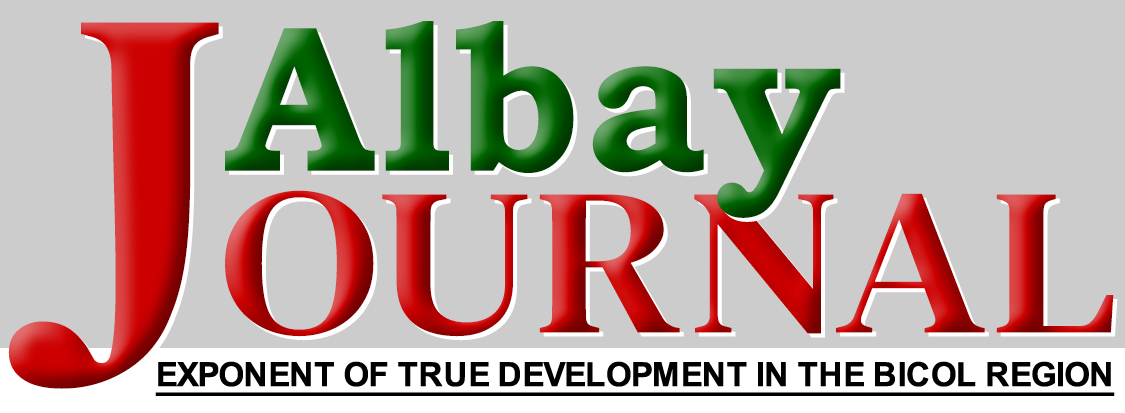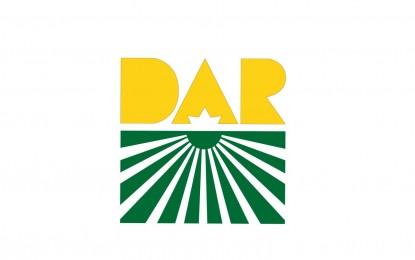By Connie Calipay
LEGAZPI CITY – The Department of Agrarian Reform in Bicol (DAR-5) said some 71,726 hectares more of “CARPable agricultural lands” in the Bicol region, or lands qualified for inclusion in the agrarian reform program, but remain “undistributed.”
DAR -5 has come up with the figure recently after validating and cleansing its database records on land acquisition and distribution to evaluate and identify deductible and unworkable landholdings.
In a recent media interview, Gerard Buensalida, DAR Bicol spokesperson, said the 71,726 hectares of “undistributed” agricultural lands in Bicol as established in their records, include 25,391 hectares in Camarines Sur, 19,064 in Masbate, 11,198 hectares in Sorsogon,19,702 hectares in Albay, 6,298 hectares in Camarines Norte, and 72.75 hectares in Catanduanes.
Buensalida said the validation process they did was to ensure that the Comprehensive Agrarian Reform Program (CARP) balance is correct since some of the undistributed agricultural lands are within the forestry area, exempted within the timberland areas, or some are on retention rates.
“We want to make sure the efforts of our workers will not be wasted upon verification of the said lands,” he said.
DAR Bicol assistant regional director for operations,Romulo A. Britanico, said the total CARPable balance is likely to decline as the data is thoroughly scrutinized and cleansed of “uncoverable” landholdings under the CARP.
“Initially, we identified 27,933.17 hectares for exclusion from our land acquisition and distribution program. The data, however, will be double-checked or validated further to ensure that any discrepancies are corrected,” he explained.
Britanico added that areas that have been classified as “problematic” and have not yet been issued a notice of coverage (NOC) under CARP, will be “temporarily” removed from the list and placed in a separate folder until DAR determines a solution to cover them again under CARP.
DAR Bicol Regional Director Rodrigo O. Realubit, has assured in a recent statement they will thoroughly “examine these landholdings for inconsistencies. If our data is inaccurate, there would be misrepresentations of facts.” he added, pointing out that erroneous planning and statistics “can result in ill-informed management decisions that may harm DAR’s land distribution operations.”
Since the remaining areas are mostly privately-owned and contentious, Realubit said DAR’s agrarian reform implementation in the coming years will be very difficult. He said more than 60,307 hectares of the total balance are “problematic” properties, which will likely delay their coverage under CARP.
On record, the DAR has so far distributed 341,518 hectares of agricultural land throughout the Bicol region in the last 49 years. The areas include land transfers that dated back to 1972 and the CARP implementation in 1988.
Records likewise indicate that some 198,917 Bicolano farmer-beneficiaries have been benefited by the government’s land distribution program under DAR.










